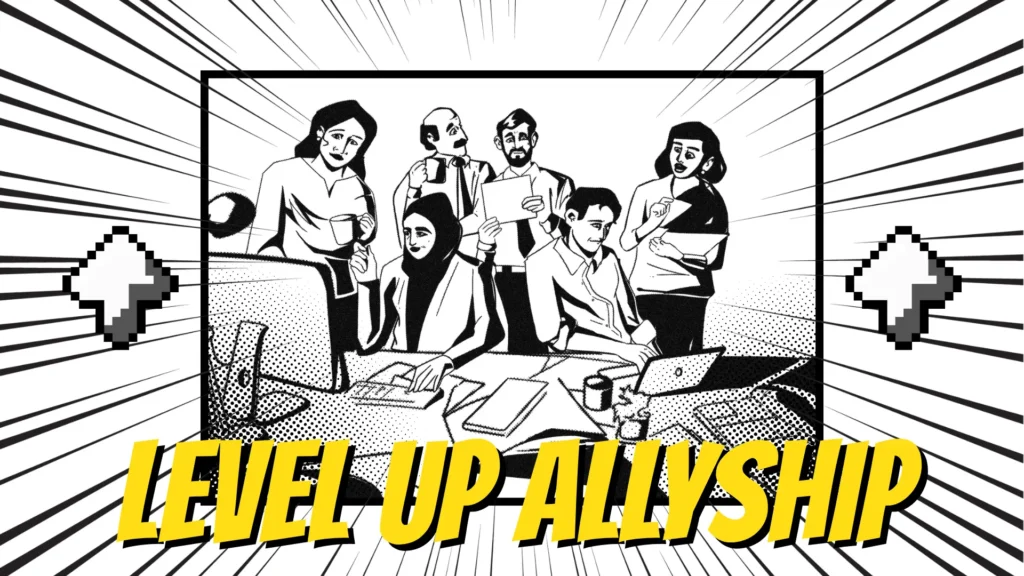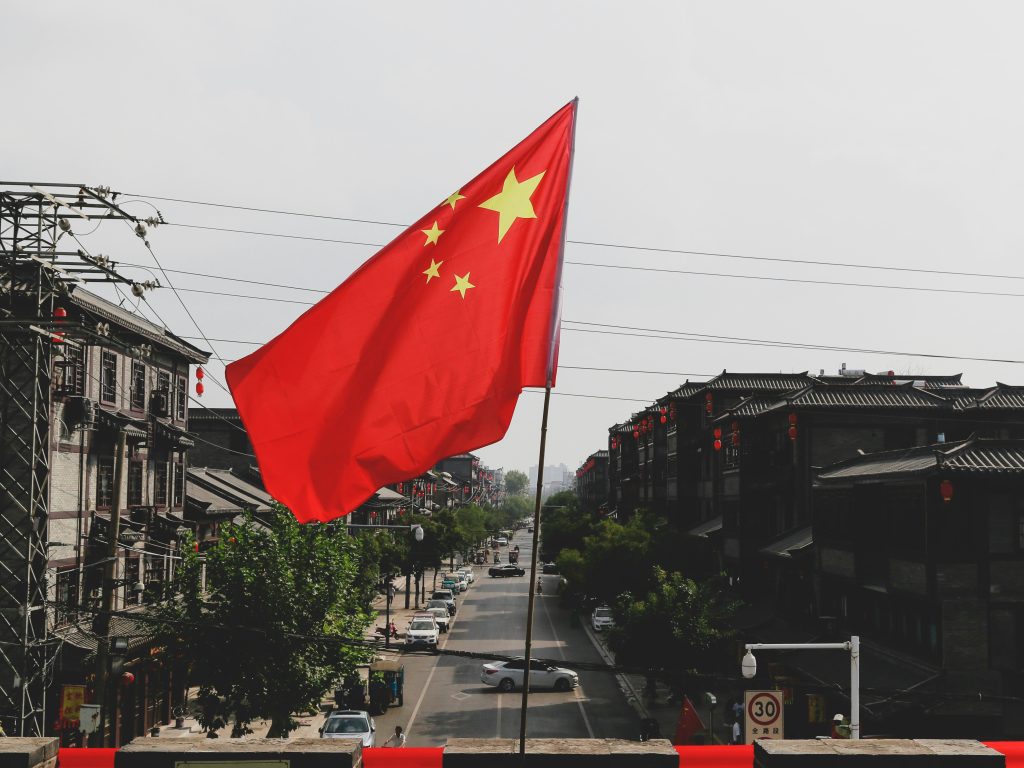Part IV: Landmark judgments shaping PoSH implementation, including employer liability for third-party harassment & compensation benchmarks.
Part III: Critical procedural aspects - handling anonymous complaints, electronic evidence validity & IC's quasi-judicial powers during inquiries.
Part II: Analysing employer obligations beyond IC formation - mandatory training, policy dissemination & annual report compliance mechanisms.
Consent in PoSH: Focus on complainant's expressed unwillingness, not implied permission. Past relationships or silence don't equal ongoing consent.
Singapore bans doxing via the Protection from Harassment Act. Employers must set clear data privacy rules to avoid civil suits, fines, and criminal liability.
Singapore’s WSH framework bars workplace sexual harassment. Employers must assess risks, train staff and enforce zero-tolerance policies to ensure safety.
South Africa’s Code of Good Practice helps prevent harassment. It requires risk checks, fair complaint processes and training under the Employment Equity Act.
Kenya’s laws define and penalise workplace sexual harassment. Employers must ensure proper reporting channels, awareness, and a safe, respectful environment.
China’s Civil Code mandates action on harassment. Employers must enable reporting, probe complaints, and discipline offenders to ensure workplace respect.











